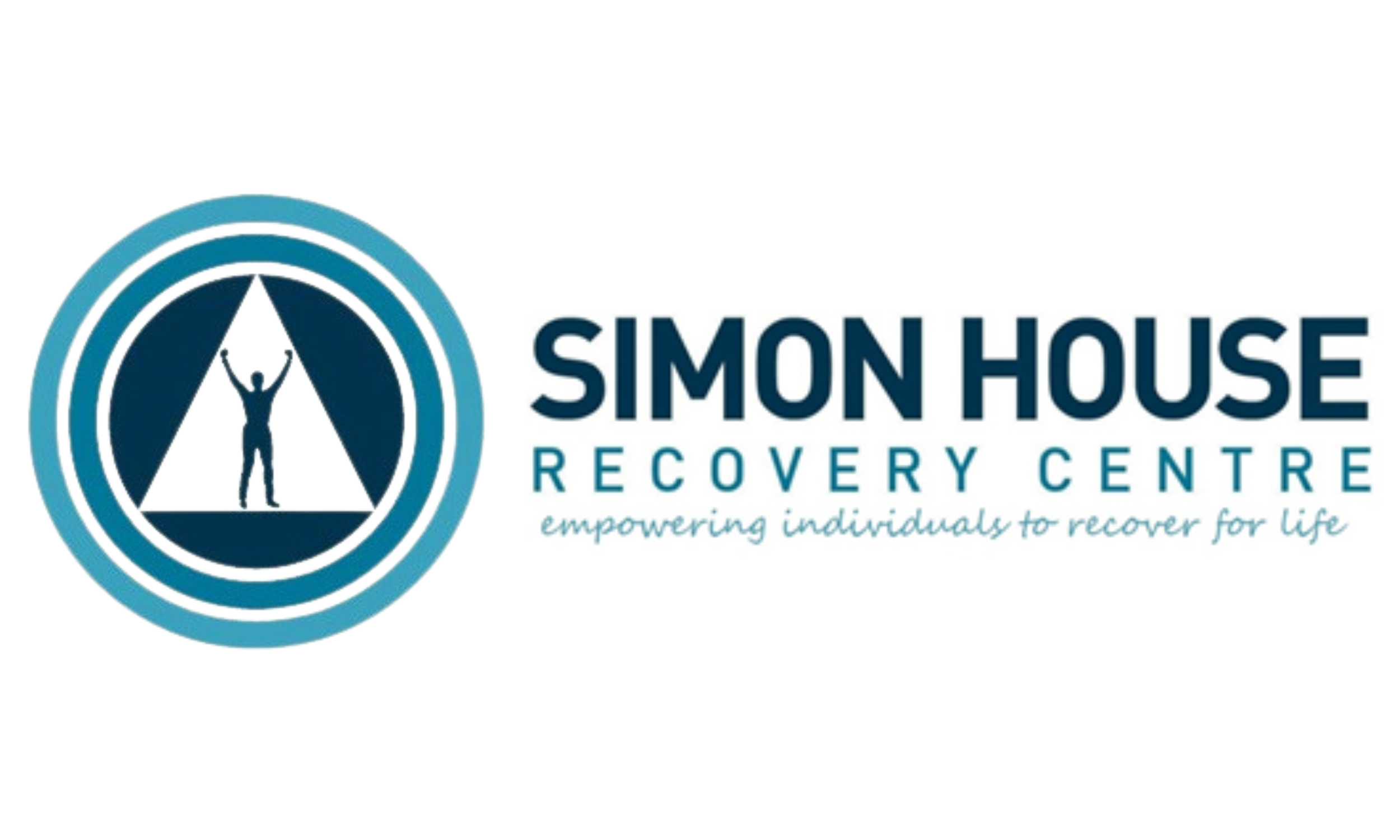Bypassing Burnout
“Almost everything will work again if you unplug it for a few minutes, including you” – Anne Lamott
One of the primary reasons a person finds themselves in an addiction treatment centre is they have been running on very little for a very long time. It is good sometimes to remember that the word ‘recovery’ means exactly that: the client is taking time for themselves to recover from an often near-fatal encounter with the disease of addiction. These individuals need a safe place to rest, reflect, and start to figure out how to apply the tools they are learning to a new life in sobriety.
The other place the term ‘rehab’ is used is in physical therapy. If a person is in a bad accident and has to spend time recovering, this often involves long periods of rest in between exercises. It is unrealistic to expect someone learning how to walk again to engage in rigorous treatment 16 hours a day! As a person recovers, they can do a little more, walk a little further on their own, and hopefully one day return to their former abilities.
Addiction treatment is a little different. Often, many of the physical symptoms resolve within a few weeks. But then the drive to repair the wreckage of the past, and do it fast, comes on strong. Instead of resting and focusing on the task at hand, the recovering person starts thinking ten steps ahead. I have had clients in their first few weeks of recovery already talking about their five-year plan. This anxiety and uncertainty about the future, and how to obtain these goals, can potentially lead to burnout.
Burnout is stress which causes prolonged physical, emotional, and mental strain. Before someone has had an opportunity to recover from the burnout of their addictive lifestyle, they often compound this with a new kind of burnout: stresses coming from the past and/or future, and this type of burnout can lead to relapse if not addressed. As hard as it can be when there is so much work ahead, a newly sober person should learn to slow down and focus on the task at hand before moving on to trying to make a year’s worth of changes in a week.
Whether we’re in recovery or not, stress management and burnout prevention are essential. We will be more present, more effective, and have more energy to devote to the things that are truly important, right now. If we’re feeling like things are too much today, we can try again tomorrow. We recover first, then move on to the next task when we’re ready.
Kevin S.
—Manager of Clinical Services
